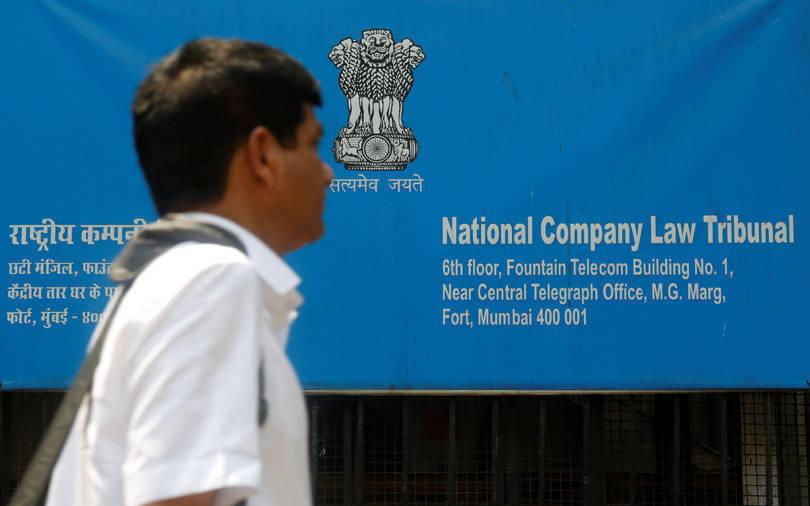The National Company Law Tribunal (NCLT) has ordered to start insolvency proceedings against Apeejay Tea Ltd, one of India’s largest tea producers, on a petition by an operational creditor.
The NCLT’s Kolkata bench, in an October 18 order, appointed Samya Sengupta as the interim resolution professional to drive the process and listed the matter for hearing on November 29.
The tribunal’s order came on a petition by Assam-based Hanusita & Sons, which said that Apeejay Tea had failed to pay Rs around Rs 48.72 lakh in June 2016. It had supplied fertiliser to the tea firm from 2013 to December 2016.
At the hearing, Apeejay Tea alleged that Hanusita was in collusion with a general manager of the company and that this led to inflated bills. The tea company said that it had made extra payments to Hanusita due to such collusion. The companies are fighting this case before the Calcutta High Court. Hanusita claimed that this case had no relevance to the proceedings under the Insolvency and Bankruptcy Code.
Apeejay Tea is likely to challenge the NCLT order before the National Company Law Appellate Tribunal (NCLAT), The Times of India reported, citing sources it didn’t identify.
The company has 17 estates in prime tea growing areas of the country, and owns the popular Typhoo brand. It is part of Apeejay Surrendra Group, which also has business interests in sectors such as hospitality, logistics, real estate and education. The group operates the Park Hotel chain, Oxford Bookstores, Cha Bar restaurants and shipping companies. It also operates commercial real estate properties and business centres across India.
In May this year, ratings firm ICRA Ltd downgraded Apeejay Tea’s debt ratings by a notch citing a deterioration in operating profitability in the nine months through December 2018. It also changed the company’s outlook from ‘Stable’ to ‘Negative’.
ICRA said that a lower-than-expected increase in realisation had not adequately compensated for the rise in input costs. “This, along with higher interest outgo towards increased debt quantum, have kept the debt coverage indicators under pressure and liquidity stretched,” it said.






